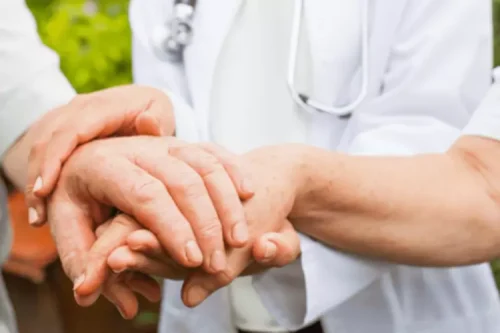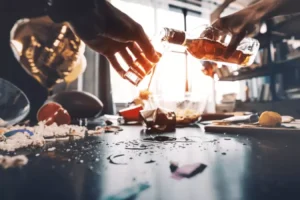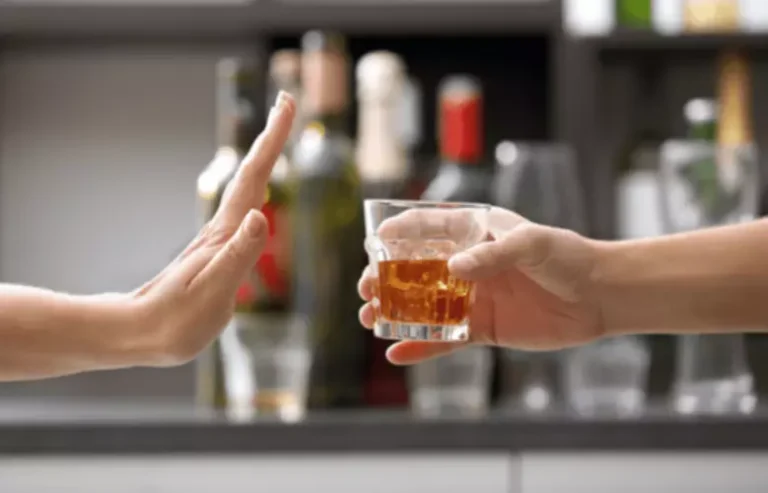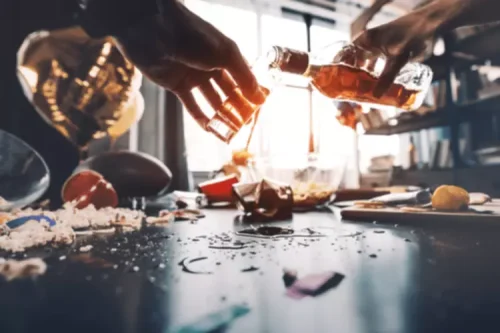
There are also some relapse-prevention medications that can help promote sleep. This article discusses how alcohol affects sleep and the disruptions you might continue to experience after you quit drinking. It also explores why you might feel like you can’t sleep sober and what you can do to cope. After a few hours of sleep, alcohol can cause you to wake up and have a difficult time going back to sleep. Vivid dreams and nightmares — With alcohol in your system you’re more likely to have intense, colorful dreams and nightmares as you sleep patterns ebb and flow. You may or may not remember them, but they can be lucid or give you a feeling that you are half awake and half asleep.
How Long Before Bed Should You Stop Drinking Alcohol?

A model of the reciprocal relationships between heavy alcohol consumption and sleep disturbances. Sleep disturbance may lead to increased alcohol consumption for self-medication. At the same time, alcohol consumption, through its effects on brain chemicals (i.e., neurotoxicity), may lead to sleep disturbance. Sleep disturbance is also a https://ecosoberhouse.com/ risk factor for developing alcohol-use disorders (i.e., alcohol abuse and alcohol dependence). Treatment of these disorders can lead to abstinence, but sleep disturbances may persist even during recent and sustained abstinence.
Related Articles

Conversely, during alcohol withdrawal, adenosine activity is lower than normal, which favors arousal and excessive REM sleep (i.e., REM rebound). Finally, proteins produced by the immune system (i.e., cytokines) have known effects on sleep and are altered in alcoholic individuals (Ehlers 2000; Krueger et al. 1999). Another excitatory neurotransmitter whose activity is altered by alcohol and which may contribute to withdrawal symptoms is noradrenaline. Noradrenaline activity is enhanced during alcohol withdrawal (Hawley et al. 1985), which likely contributes to increased arousal during the early withdrawal phase. This hypothesis is supported by findings that agents that reduce noradrenaline activity (e.g., benzodiazepines, clonidine, and propanolol) both have sedative effects and are useful in the treatment of alcohol withdrawal (Carskadon et al. 1989; Lejoyeux et al. 1998; Mayo-Smith 1997). In the third study, investigators also demonstrated a trend (i.e., an odds ratio of 1.72) for new-onset alcohol abuse or dependence following a history of insomnia; however, the numbers were not statistically significant (see Gillin 1998).
Other sleep problems alcohol causes
Our findings contrast with this study in that we did not find strong association between drinking and sleep duration. Jackson et al. note that the prevalence of short sleep across alcohol consumption patterns was more variable among whites, and the majority of Whitehall II participants are white. Based on the above premises, the purpose of this study was to firstly assess the association between night work and alcohol consumption and secondly the effect of alcohol on normal sleep, and the response to its use by people with insomnia disorder. Although this research had a limited sample size, it may make a further contribution to the investigation of the negative effects of night work as a possible risk factor for undesirable health effects and substance abuse. In one study, subjects with AD in acute withdrawal demonstrated a higher intensity of respiratory events in their sleep (12.6 ± 12.3 events/hour), as compared to healthy controls (3.6 ± 3.4 events/hour) (Le Bon et al., 1997).
- And it doesn’t take long to notice the difference — 80% of RISE users get more sleep within five days.
- By Buddy TBuddy T is a writer and founding member of the Online Al-Anon Outreach Committee with decades of experience writing about alcoholism.
- Early theories regarding the neurobiology of sleep focused on the role of a group of compounds called monoamine neurotransmitters, particularly serotonin and norepinephrine (Jouvet 1969).
- A 1989 study by Ford and Kamerow (see Gillin 1998) used data collected during the Epidemiological Catchment Area survey, a national household survey.
Your deep restful sleep tends to be more prevalent in the first few hours but decreases during the second half. If you or a loved one are suffering from Insomnia that you believe is tied to an alcohol use disorder, then your problem is likely more severe than you realize. Insomnia can be easily treated for most and, if it is caught early enough, completely avoided before any permanent damage has taken hold.

The solution seems simple; they have another beer, another glass of wine, another shot. The more they take, the more they feel they need, and soon, they’ve built a dependency on alcohol in order to feel relaxed. Night workers, being subjected to particularly stressful working conditions 79,80, are more likely to consume high amounts of alcohol, probably implementing a coping strategy with respect to the stress they are subjected to on a daily basis during working hours. Moreover, the higher number of binge-drinkers is probably due to a greater sensitivity of some individuals to stress, which makes them more anxious and emotionally unstable and promotes the consumption of large amounts of alcohol in order to extinguish the unpleasant feeling of unbearable stress. Some people may resort to drinking alcohol as a sleep aid or agent that initiates sleep. Consuming two servings of alcohol per day for men and one serving for women can reduce sleep quality by 9.3%.
Insomnia disorders are more likely to have a chronic course, to require independent treatment, and may contribute more directly to relapse during alcohol recovery. Large-scale epidemiological studies with validated measures and good operational definitions of insomnia are clearly warranted to establish the incidence and prevalence of insomnia in the alcoholic population and its clinical course in relation to the alcohol disorder. There is some inconsistency in the literature relating to REM sleep abnormalities during sustained recovery. In one study, REM sleep architecture demonstrated a reversal during early recovery, with the first REM sleep episode of the night being the longest, despite a lack of depressive disorder in these subjects. The REM sleep architecture normalized over time with continued recovery (Imatoh et al., 1986).
How to sleep better after drinking alcohol
Individuals with insomnia have difficulty maintaining a consistent sleep schedule. Experts state that acute insomnia lasts up to a few days to weeks, while chronic insomnia continues for several months. Research shows that regular alcohol intake can reduce sleep quality over time, potentially causing issues such as insomnia. Several so-called sleep factors also have been implicated in the initiation and maintenance of sleep. These substances, which are naturally produced by the body, are released by certain cells into the bloodstream or the fluid surrounding the brain (i.e., cerebrospinal fluid) and can induce sleep.
How does alcohol affect people with insomnia?
“Alcohol is known to fragment your sleep, meaning you might wake up more often in the night if you’ve had alcohol insomnia a drink,” says Dr. Chester Wu, one of our Rise Science sleep advisors and a double board certified doctor in psychiatry and sleep medicine. The first treatment for insomnia in recovery is sobriety, and many patients will see improvement. For the specific treatment of insomnia, behavioral therapies are the preferred treatment (rather than medications), as they have been shown to be effective and they won’t interfere with sobriety.
